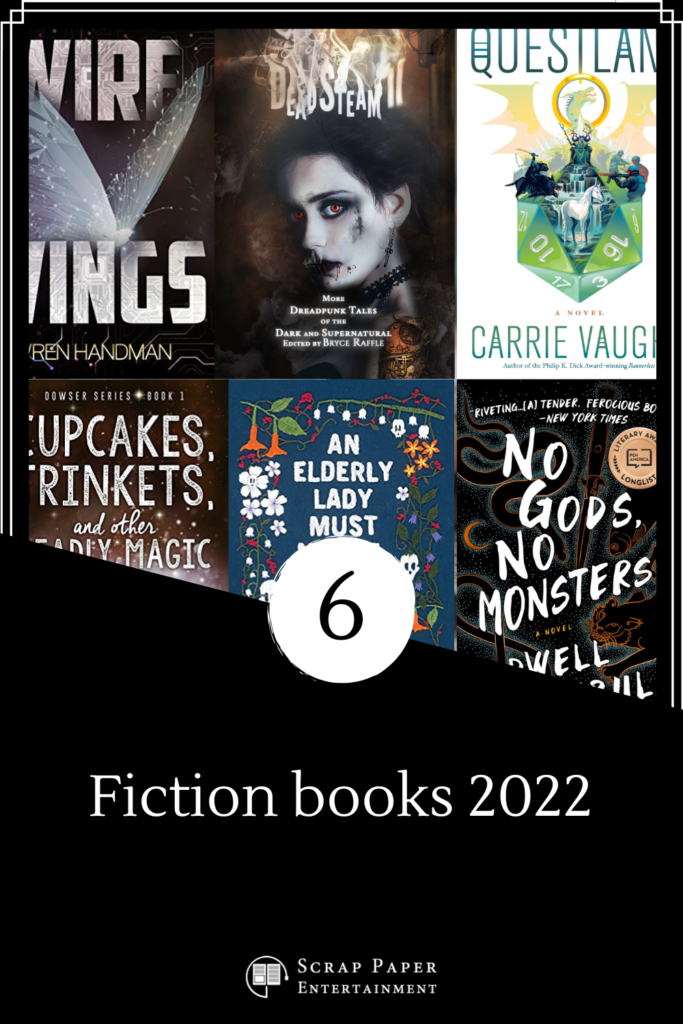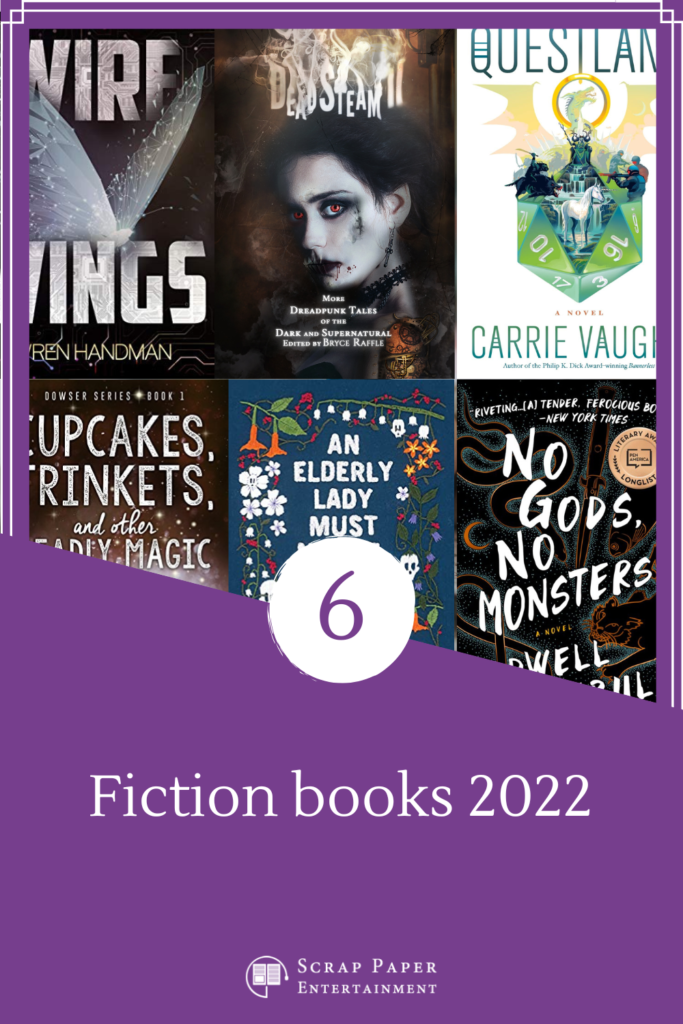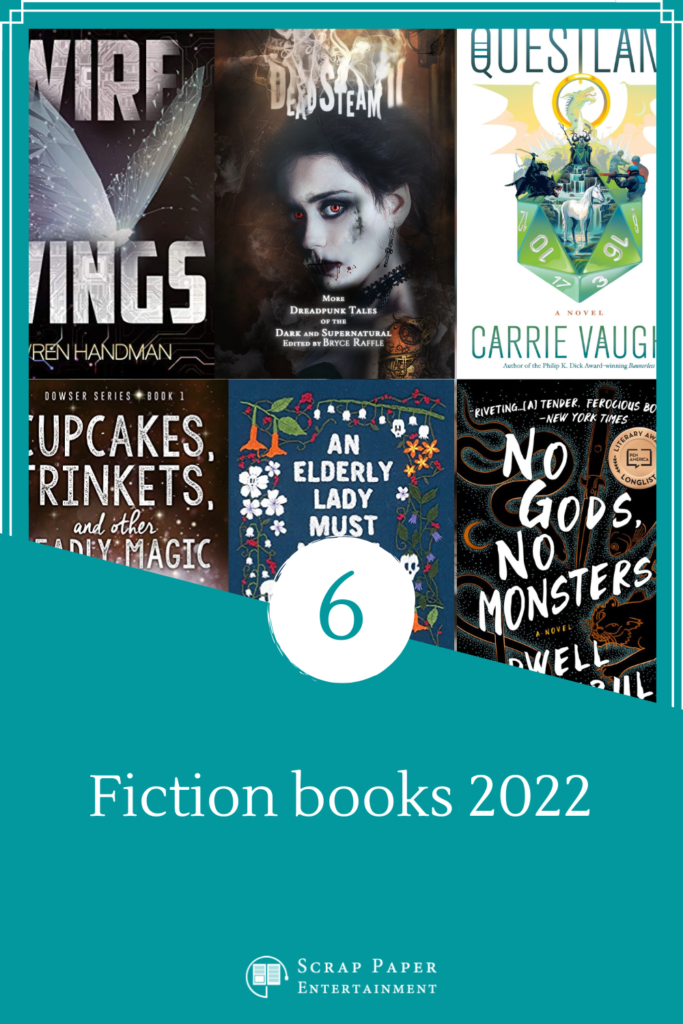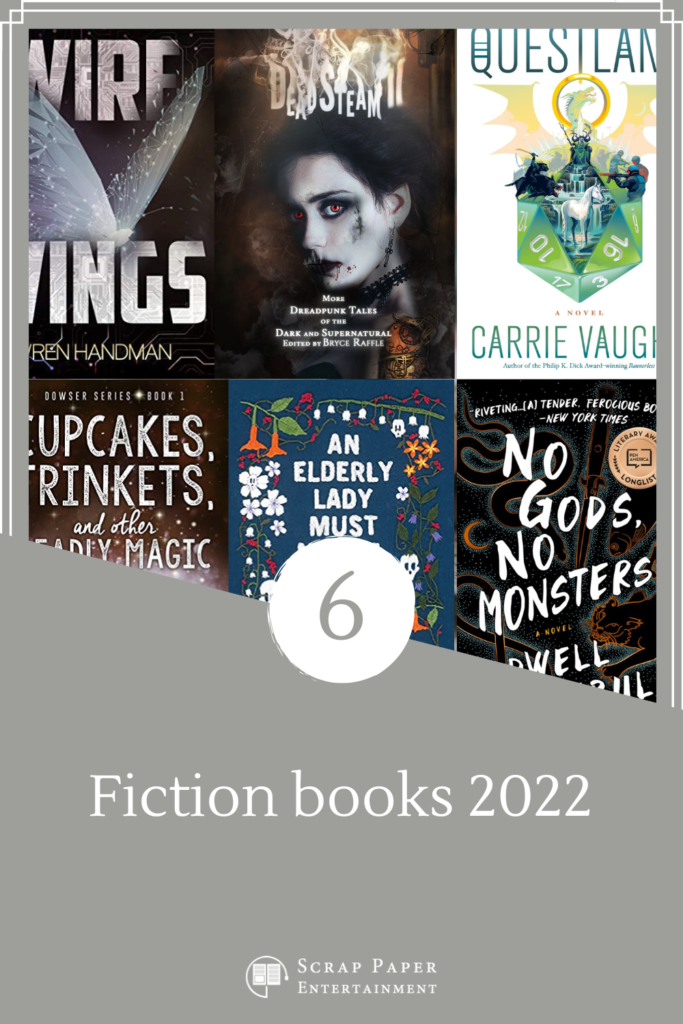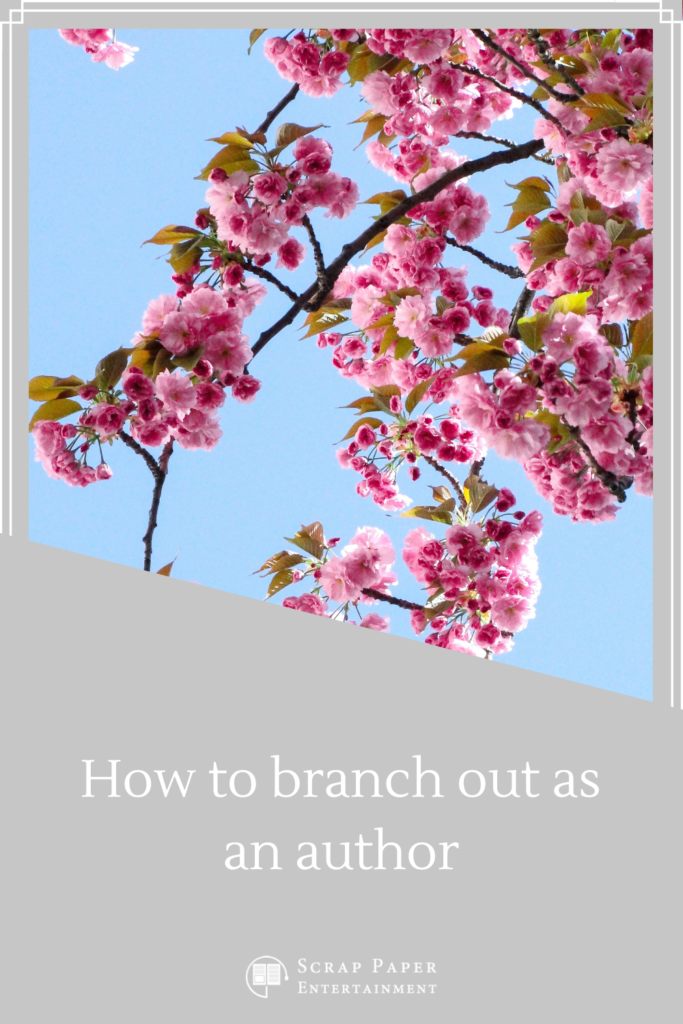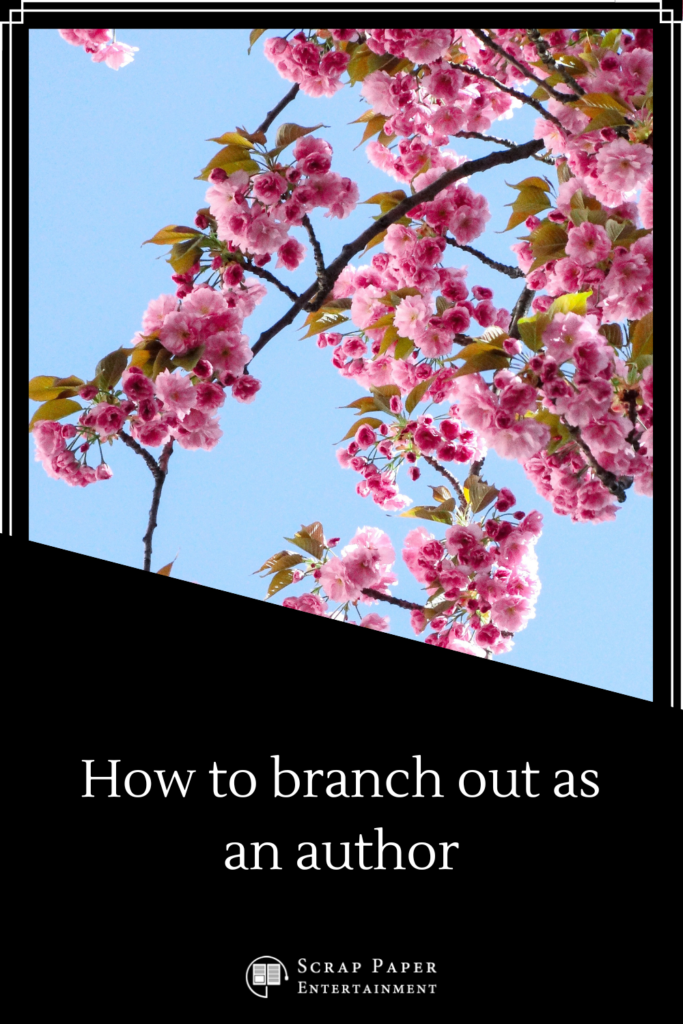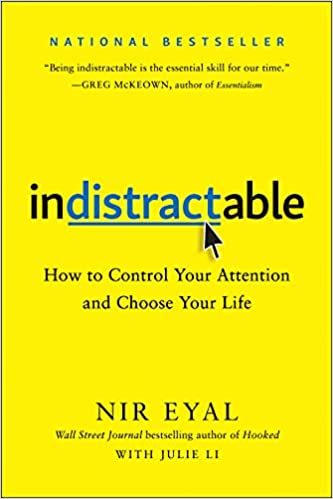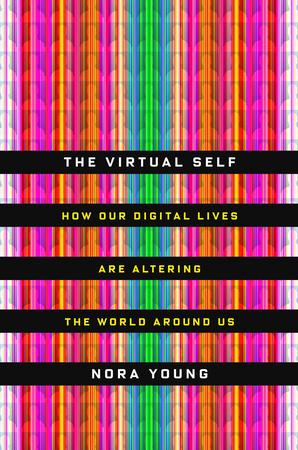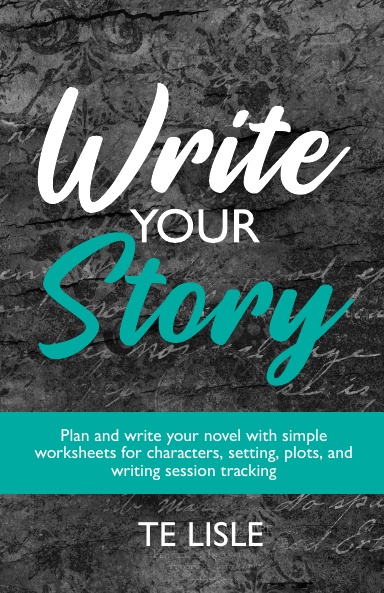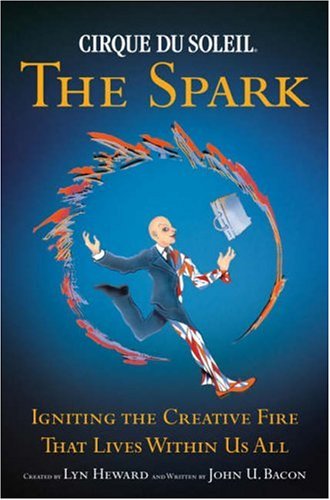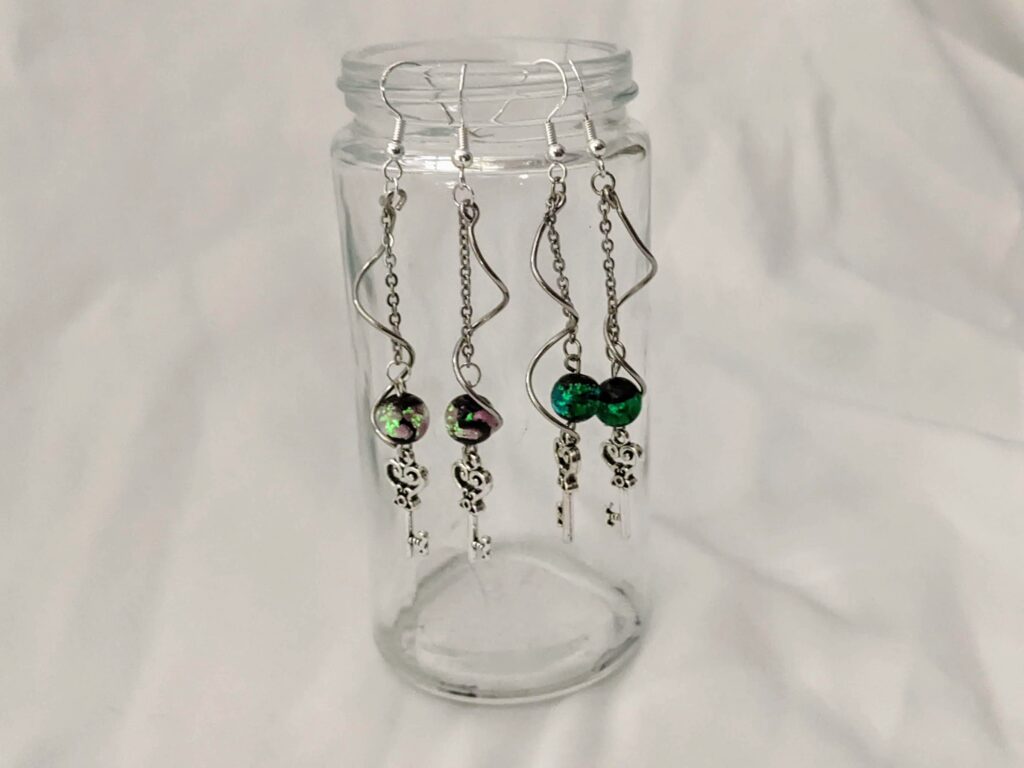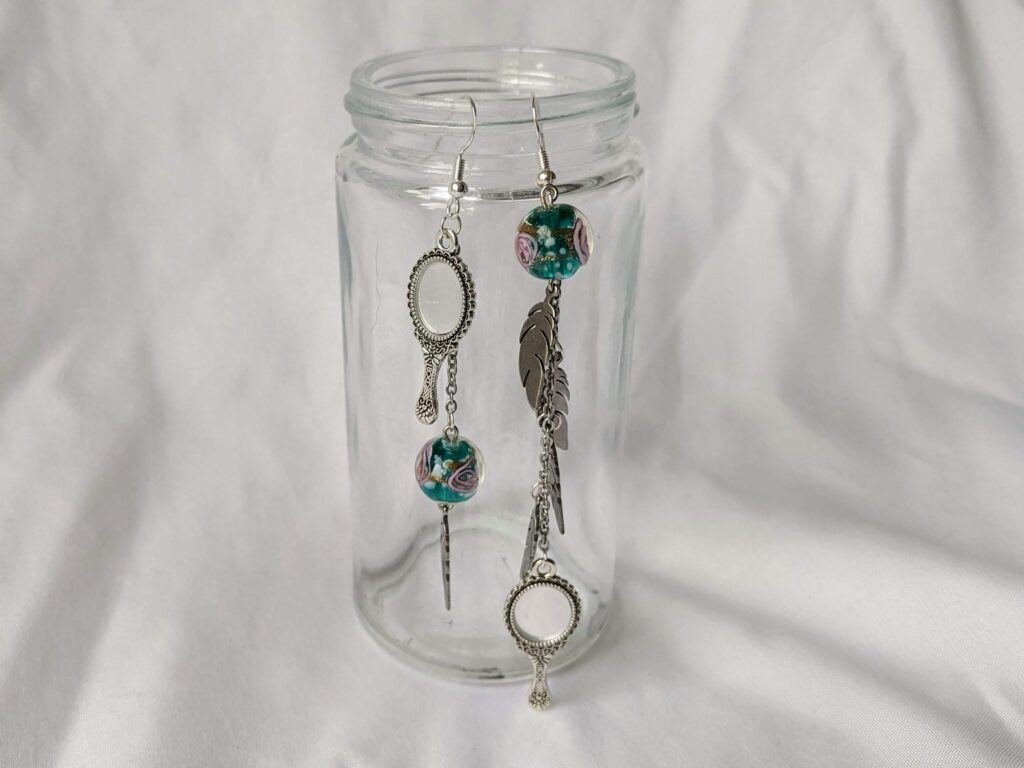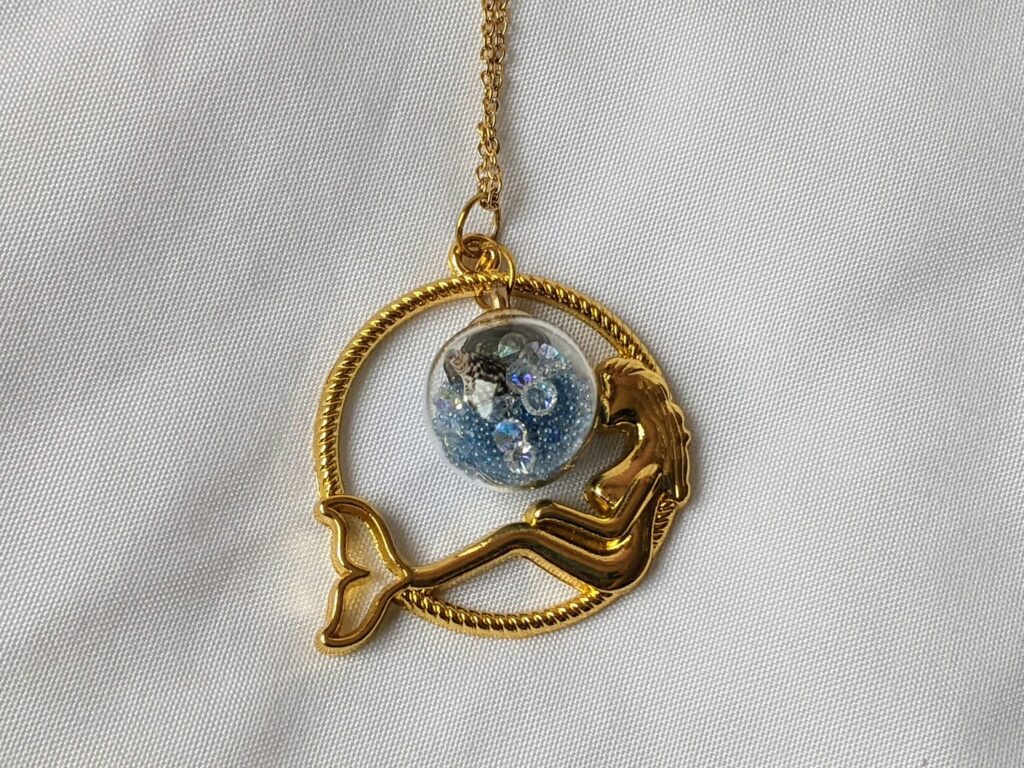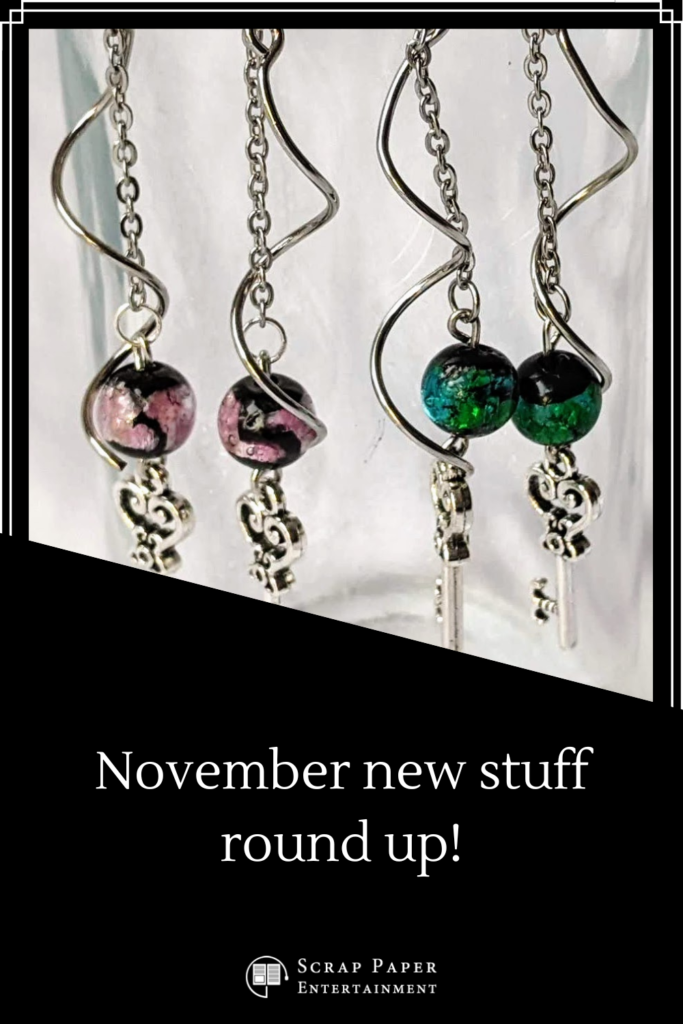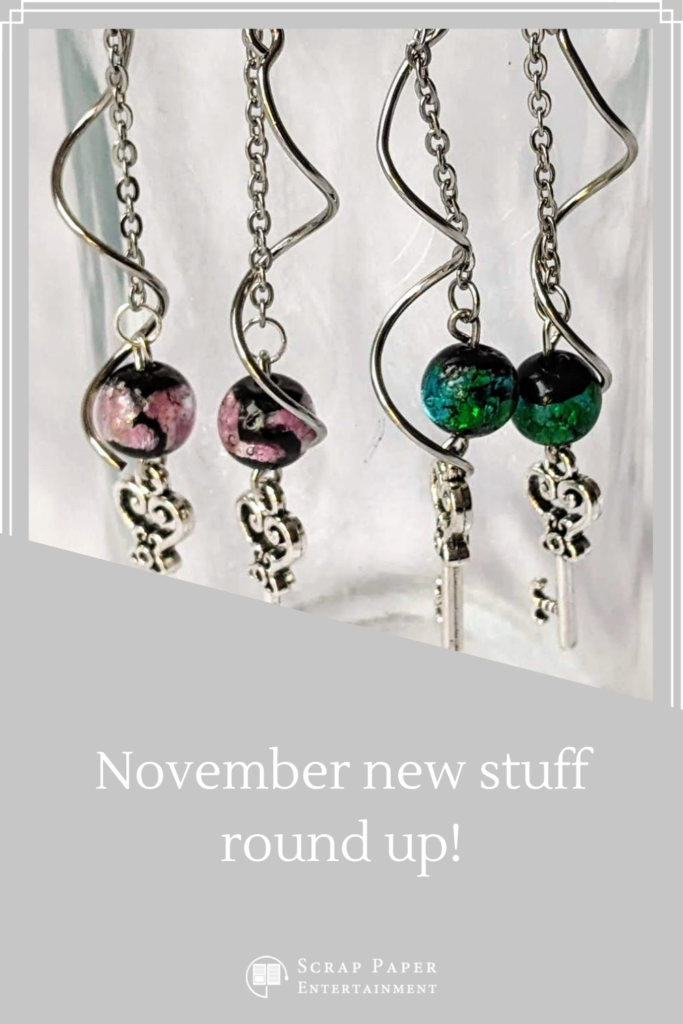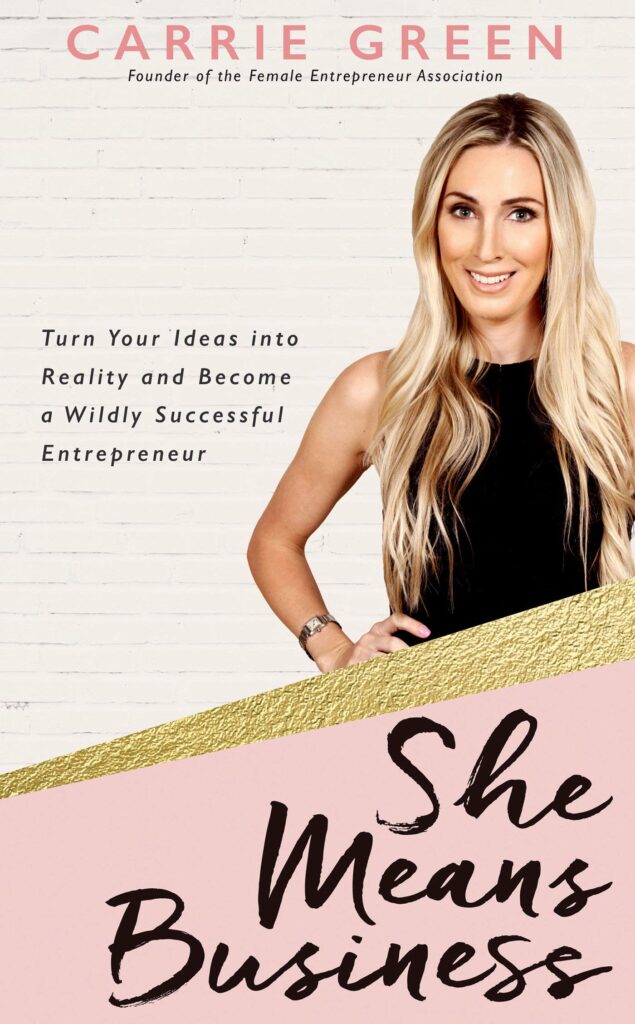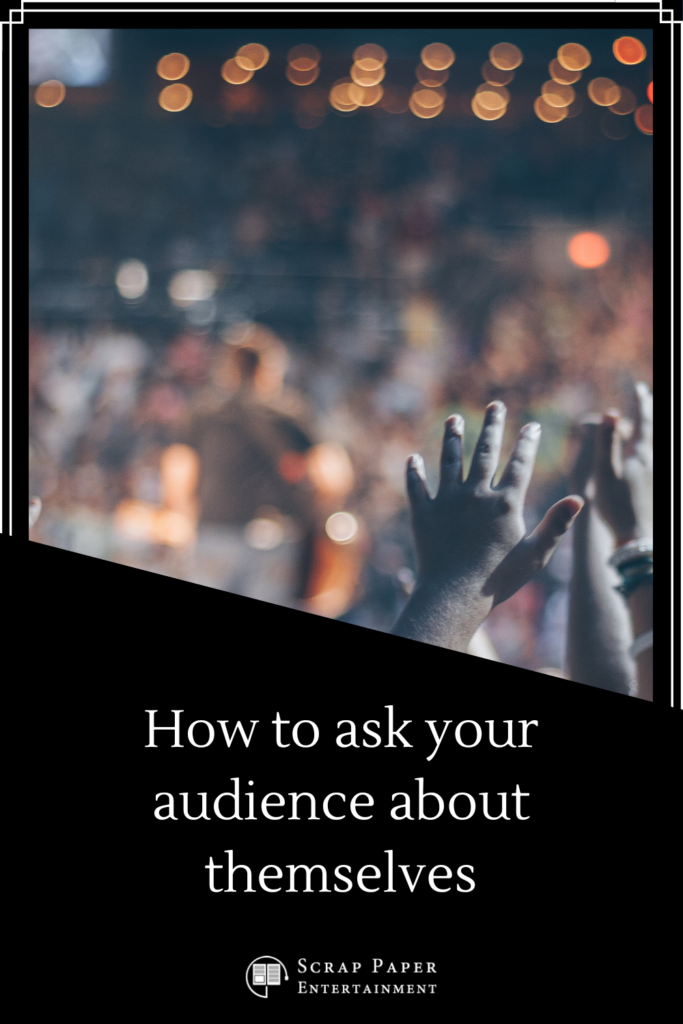It’s been a rough year reading-wise! Not because of the books read, but because of my health making it a hell of a lot harder than usual to actually read. Fiction in particular has been hard, but the first half of the year carried a lot of really interesting stuff, and the things I’ve been able to get through in the latter half of the year have provided some interesting ideas!
For my top books, these are the ones I read and enjoyed the most in the last year. These are not necessarily award winning, but the stories that left me feeling something and maybe gave me ideas that I wanted to work with more. In no particular order, these are my favourite reads from 2022!
An Elderly Lady Must not be Crossed
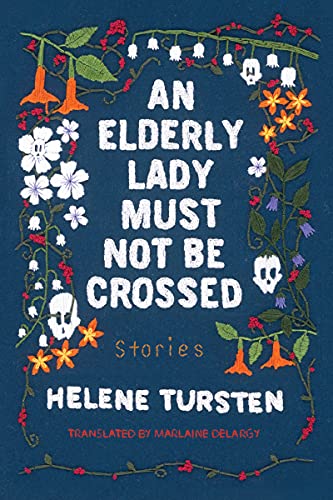
I have a soft spot for vignette style narratives. And also the idea of seemingly innocent things being responsible for terrible actions that were done entirely intentional. I have no intention of reading the first book, but I find myself liking the story of a little old lady murdering every inconvenience in her path throughout her life the more I remember it. ((And it’s a format I might go back to while I continue to recover!))
Dead Steam II
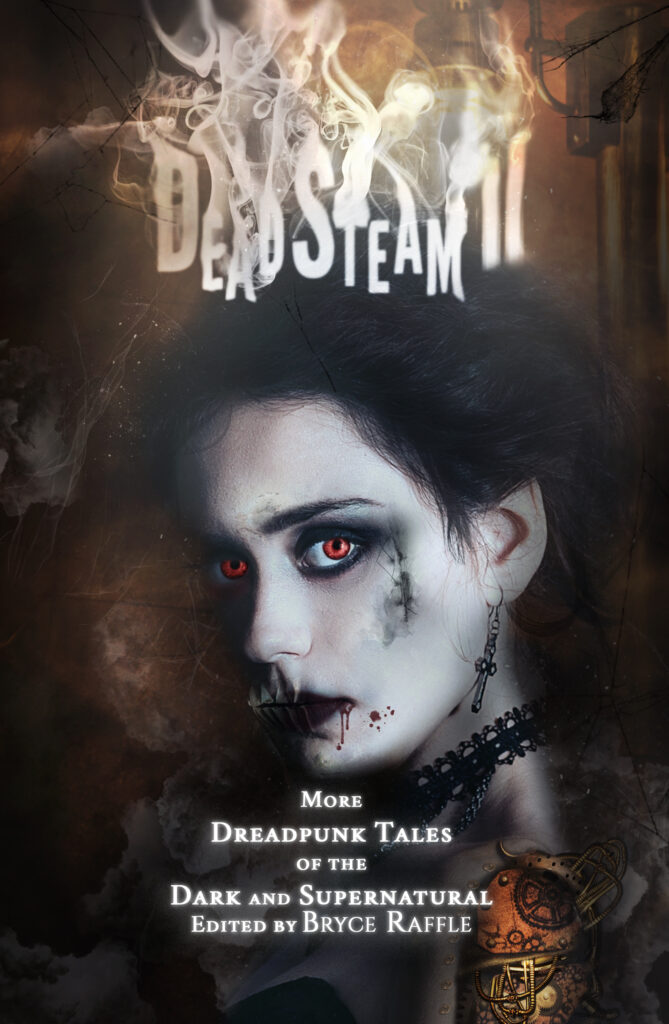
This was a really fun collection. I didn’t like all of the stories, but the ones I did like I loved. It’s very much a case of some resonate with me at different times, and there’s a wide enough spread that I can always find something. Stuff that didn’t click when I read it the first time I’ve found myself liking more later, and it’s been a fun one to casually pick up now and then.
Wire Wings
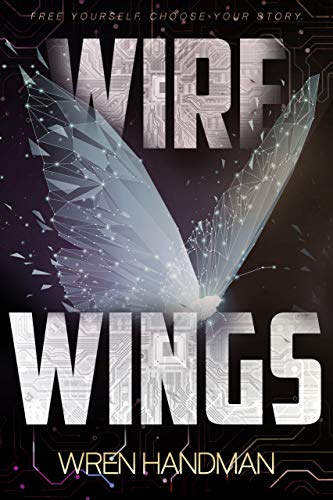
I stand by what I said. The pacing still feels off, but it was something that had me coming up with ideas afterwards, which is the mark of a book that I enjoyed. Especially with all the talk of VR and the Metaverse that happened in tech circles this year, I found myself thinking a lot more about some of the ideas this book brought to my mind. And also, well, the idea that my intact brain could exist in a place where it wasn’t dependent on my body functioning is kind of aspirational right now.
Cupcakes, Trinkets, and Other Deadly Magic
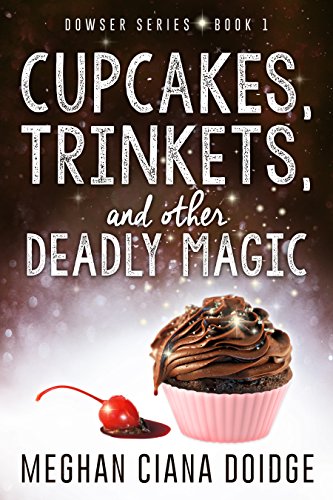
I was so worried this was going to be a romance, but instead it was a strangely Vancouver book. The cover looks so disinctly like a meet cute romance, but instead it follows the story of family troubles, identity, and murder. Which are all things that I really enjoy both writing and reading about, so it was very squarely in the realm of things that felt made for me.
Also it reminded me of this cupcake store I used to frequent downtown. Which is unrelated.
Questland
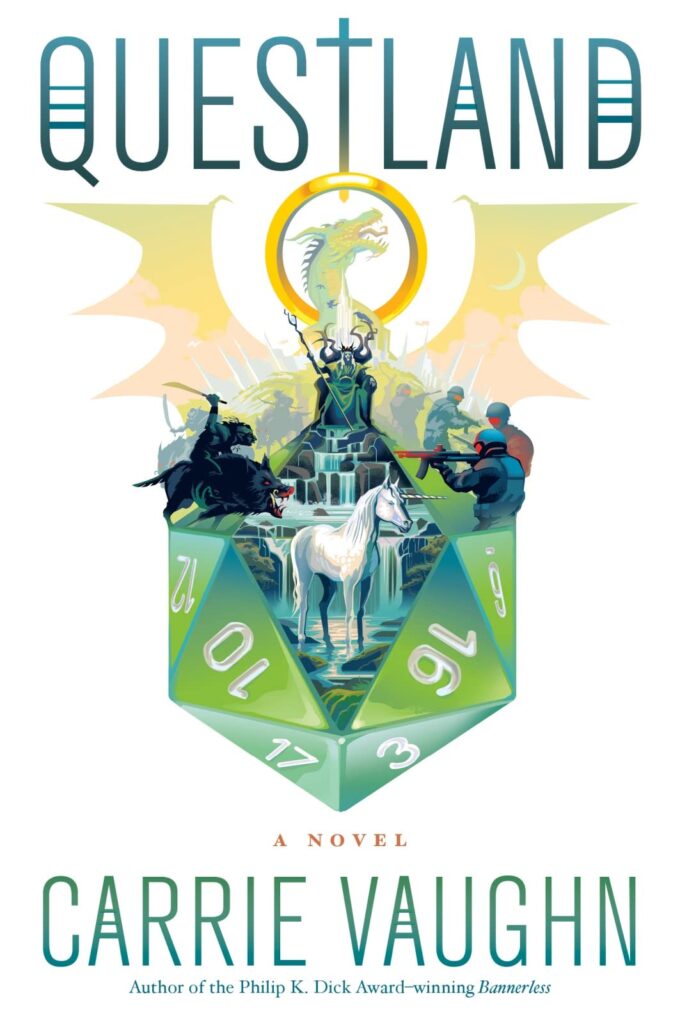
I don’t know why this stuck with me so much. Maybe because I knew most of the references, or because the concept of the world was so much fun. It was very light as a read on its own, but it’s another book that made me think a lot more about some of my own ideas and sparked some inspiration in the way it went about the story. Plus, it’s nice to have books that are just fun sometimes.
No Gods, No Monsters
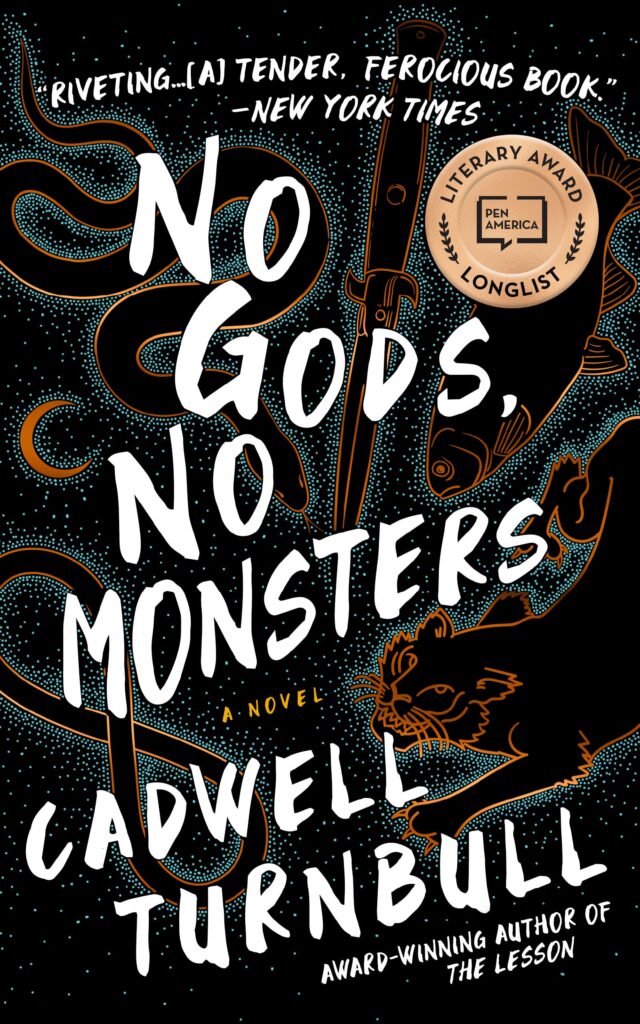
This might be the odd one in the group, but I feel like I like this more than I think. This is one that I am thinking about going back to when my brain is a bit more recovered, since I feel like it’s something I will like more when I can concentrate better. The elements of modern day monsters in hiding, entirely separate narratives that are interwoven in strange ways that are sometimes in concept only, and very ambiguous world building are all right in my area, but I feel like this was a favourite that I came upon at the wrong time. I’m looking forward to revisiting it.
